20 Health Myths Women Over 60 Don’t Need to Believe Anymore

Reaching your 60s brings a wave of wisdom, freedom, and often—misinformation. Unfortunately, some long-held beliefs about health and aging continue to mislead women, affecting everything from lifestyle choices to medical care. While it’s true that our bodies change with age, many so-called “facts” about aging are outdated or flat-out wrong. Dispelling these myths is crucial for living a longer, healthier, and more empowered life. Whether you’ve believed some of these for decades or just heard them recently, it’s time to set the record straight.
1. Weight Gain Is Inevitable After 60
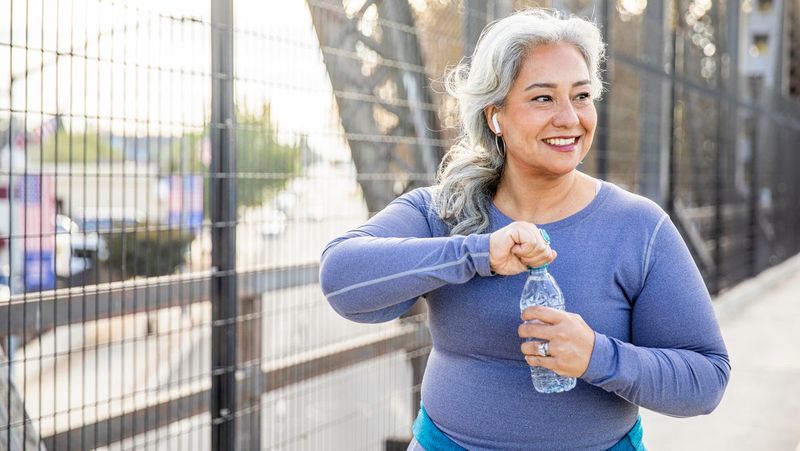
Many women notice the pounds creeping on in their 60s, but that doesn’t mean it’s unavoidable. While hormonal changes and a slower metabolism can contribute to weight gain, these factors don’t guarantee it will happen.
The key is adjusting your approach. Eating smaller portions, choosing nutrient-dense foods, and finding enjoyable ways to stay active can make a big difference. Even light daily activity like walking or stretching supports a healthy weight.
Age is not an excuse—it’s just a factor. With mindful choices, maintaining a healthy weight is still within reach.
2. You Can’t Build Muscle After Menopause
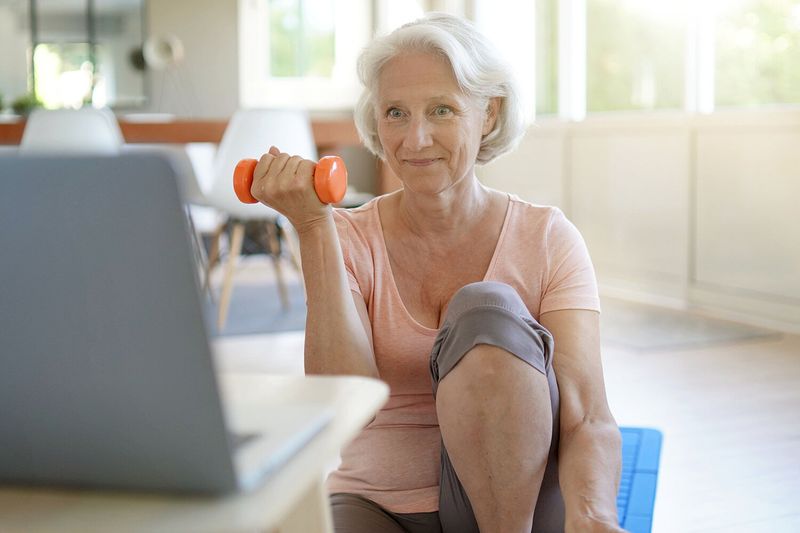
It might feel harder to stay toned, but your body is still fully capable of building muscle—even post-menopause. The truth is, strength training becomes more important than ever after 60.
Lifting weights or doing resistance exercises helps maintain bone density, prevent falls, and manage chronic conditions like arthritis. You don’t need a gym membership—bodyweight exercises, resistance bands, and light dumbbells at home work just as well.
You may not bulk up like in your 20s, but stronger, leaner muscles are entirely achievable at any age.
3. You Don’t Need as Much Sleep as You Age

Tired of people telling you that older adults need less sleep? That’s simply not true. Most women over 60 still need 7–9 hours of quality sleep each night to support cognitive function, mood, and immune health.
The difference is that sleep may become more fragmented. Hormonal shifts, medications, or even anxiety can disrupt your rest. But that doesn’t mean you should settle for less.
If you’re struggling with sleep, focus on good sleep hygiene: a consistent bedtime, reducing screen time, and limiting caffeine late in the day.
4. It’s Too Late to Quit Smoking or Drinking
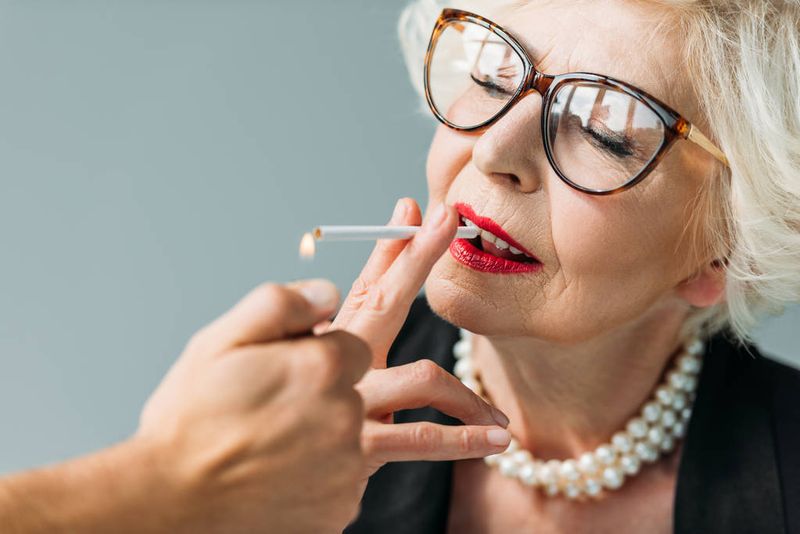
Some women assume the damage is already done by their 60s, so quitting harmful habits won’t help. But the benefits of quitting smoking or cutting back on alcohol can start almost immediately—regardless of age.
Within days, your blood pressure begins to normalize. Within weeks, lung function improves. And long-term, your risk for heart disease, cancer, and cognitive decline drops significantly.
It’s never too late to make a healthy choice. The body is incredibly resilient and can heal more than you might expect.
5. Memory Decline Is Just Part of Aging
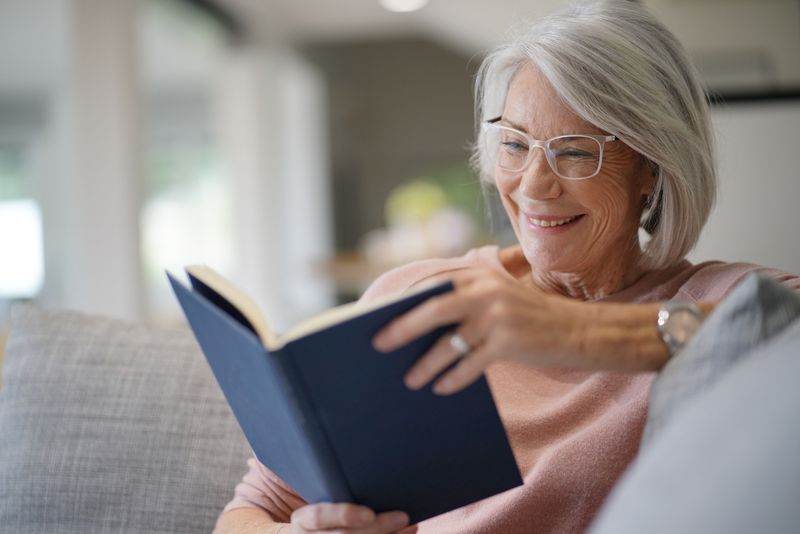
Forgetting where you put your keys every now and then isn’t cause for concern. But blaming significant memory loss solely on age is a mistake. Serious cognitive decline isn’t inevitable—and often, it’s treatable.
Memory issues may stem from medications, vitamin deficiencies, poor sleep, or even untreated depression. In some cases, lifestyle adjustments can dramatically improve mental clarity.
It’s important to discuss memory concerns with a doctor rather than writing them off. Aging doesn’t mean you have to lose your sharpness.
6. Vitamins Can Replace a Healthy Diet
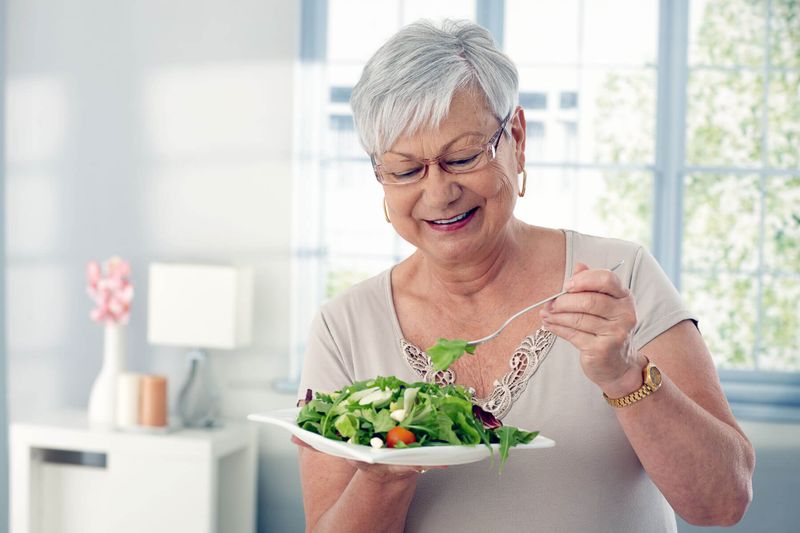
Popping a few multivitamins may seem like a convenient shortcut, but it can’t take the place of a balanced diet. Whole foods provide not only vitamins and minerals, but also fiber, antioxidants, and other nutrients that pills simply can’t replicate.
Plus, some supplements can interact with medications or cause imbalances when taken in excess. Relying on them without guidance can be risky.
Eating fruits, vegetables, whole grains, and lean protein remains the gold standard for staying nourished and energized.
7. You Shouldn’t Exercise If You Have Arthritis
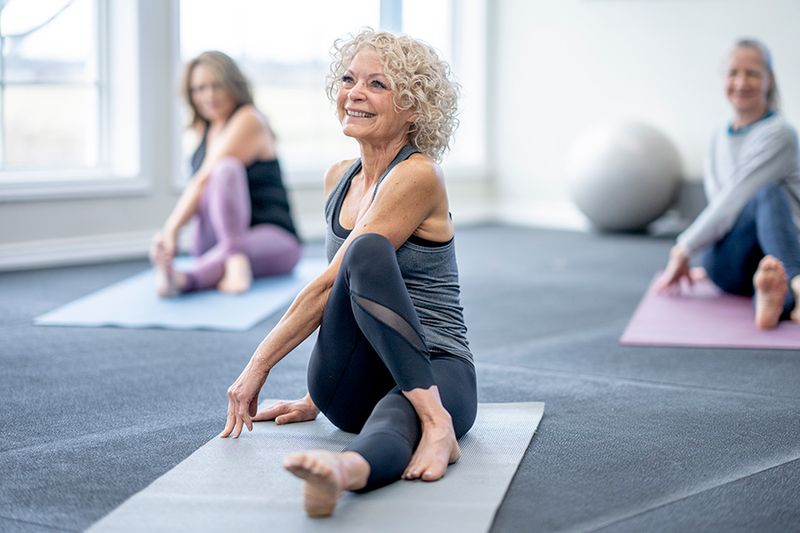
Joint pain may make you hesitant to move, but inactivity actually worsens arthritis symptoms. Regular, gentle movement lubricates joints, strengthens surrounding muscles, and reduces stiffness.
Low-impact exercises like swimming, tai chi, and walking are especially beneficial. Even small amounts of activity can improve range of motion and ease discomfort.
Consulting a physical therapist or doctor can help you develop a safe routine tailored to your condition. Rest when needed—but don’t stop moving.
8. Romantic Drive Disappears After Menopause

Hormonal changes can affect libido, but that doesn’t mean intimacy has to end. Many women continue to enjoy fulfilling physical intimacy well into their 60s and beyond.
Emotional connection, open communication, and attention to comfort are key. Dryness or discomfort can often be managed with lubricants, estrogen creams, or other treatments.
Romantic drive evolves with age, but it doesn’t vanish. Your desires may shift, but intimacy can remain a joyful and meaningful part of life.
9. Calcium Supplements Alone Prevent Osteoporosis
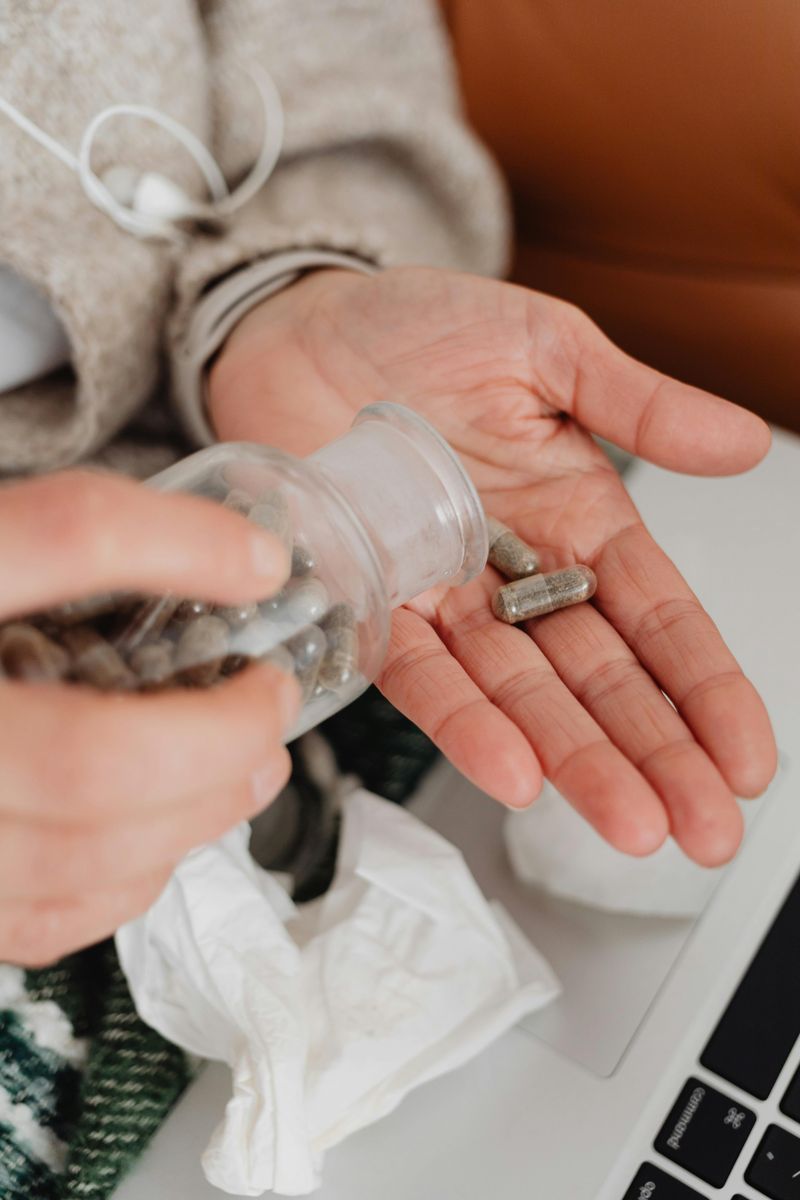
Taking calcium is important, but it’s only part of the equation. Preventing osteoporosis also requires vitamin D, weight-bearing exercise, and lifestyle habits that support bone health.
Too much calcium without balance can even be harmful, increasing the risk of kidney stones or cardiovascular issues.
Rather than relying solely on supplements, aim for a bone-friendly lifestyle: eat leafy greens, get sunshine, and incorporate strength training to keep your bones strong.
10. Chronic Pain Is Just Something You Have to Live With
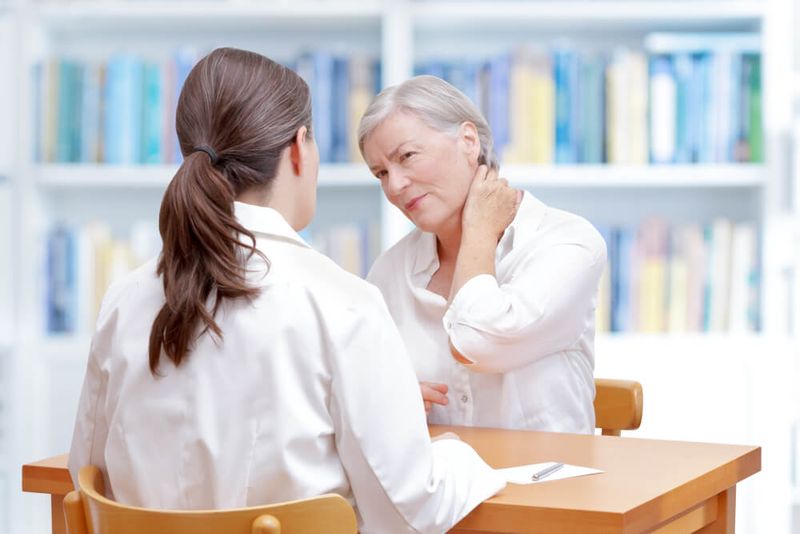
Persistent aches and pains don’t have to be your new normal. While chronic pain is common with age, there are many ways to manage or reduce it.
Physical therapy, acupuncture, medication, mindfulness practices, and anti-inflammatory diets all offer relief. The key is finding what works for you and not giving up after one failed attempt.
Pain may be part of life, but suffering doesn’t have to be. Explore options and advocate for care that improves your quality of life
11. Flu and Pneumonia Aren’t a Big Deal
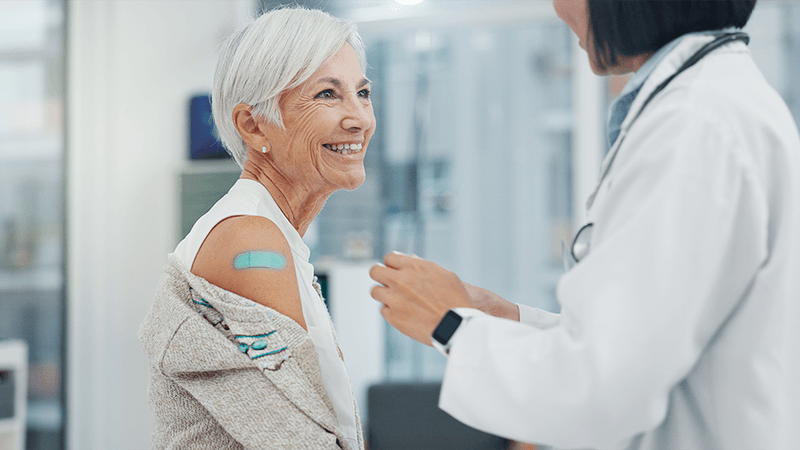
What might feel like a minor illness to younger people can be far more serious for older adults. As we age, our immune system naturally weakens, making infections like the flu and pneumonia potentially life-threatening.
Vaccines are a critical defense. Annual flu shots and periodic pneumonia vaccines can dramatically lower the risk of hospitalization or severe complications.
Don’t brush off these illnesses as no big deal. Prevention and prompt treatment are essential for protecting your health.
12. Depression Is a Normal Part of Aging
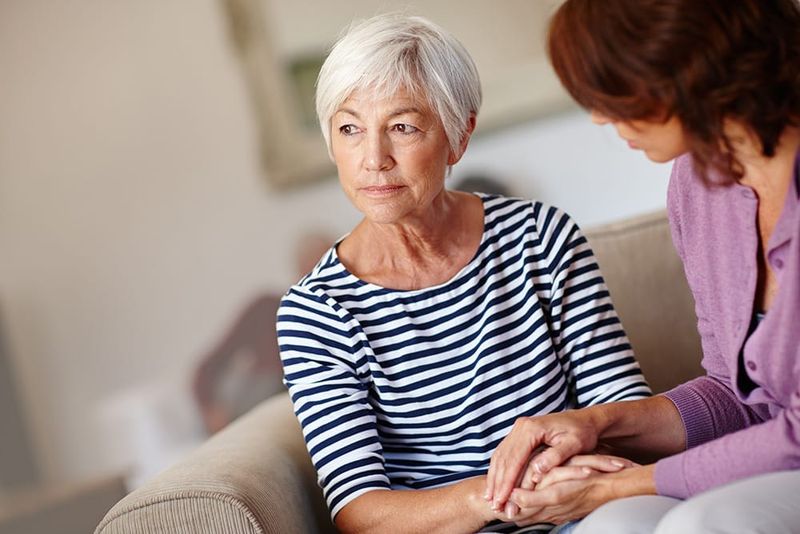
Just because you’re older doesn’t mean you should feel sad, hopeless, or disengaged from life. Depression is not a normal part of aging, though it’s often mistaken for it.
Life transitions, health issues, and isolation can all trigger depression, but the good news is—it’s treatable. Therapy, medication, social support, and even lifestyle changes like exercise can help.
If you or a loved one feels persistently low, don’t assume it’s “just part of getting old.” Reach out. Help is available.
13. You Don’t Need to Worry About STDs

Intimate health doesn’t retire, and neither does risk. Older adults may believe they’re immune to sexually transmitted diseases, but STD rates are rising in this age group.
Since pregnancy is no longer a concern, condom use often drops—but protection is still necessary. Many women also skip regular health screenings, allowing infections to go undetected.
Staying informed and practicing safe physical relations is just as important in your 60s as it was in your 20s.
14. Women Don’t Need Pelvic Exams After 60
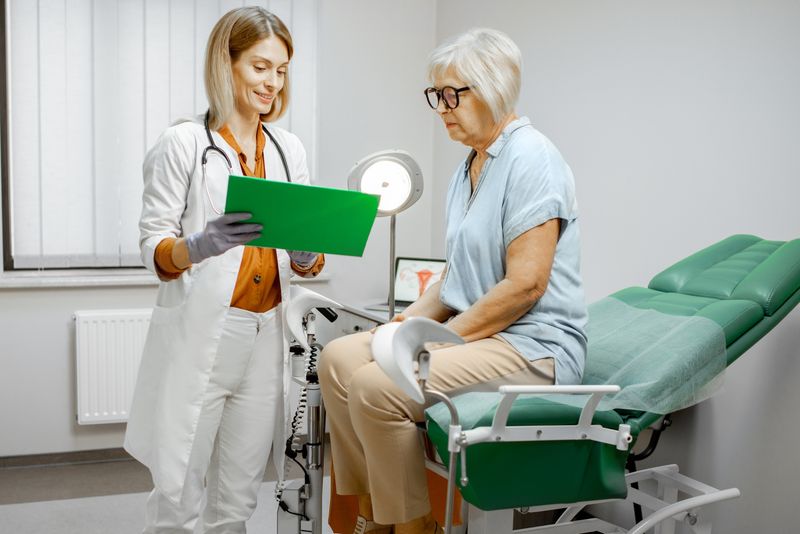
Routine pelvic exams are often dismissed as unnecessary past a certain age. But for many women, they’re still an important tool for detecting conditions like uterine or ovarian cancer, prolapse, or infections.
While Pap smears may become less frequent or even stop after a certain age (depending on health history), that doesn’t mean all pelvic exams should end.
It’s best to consult with your doctor to determine the right exam schedule for your unique needs.
15. If You Don’t Feel Thirsty, You Don’t Need Water
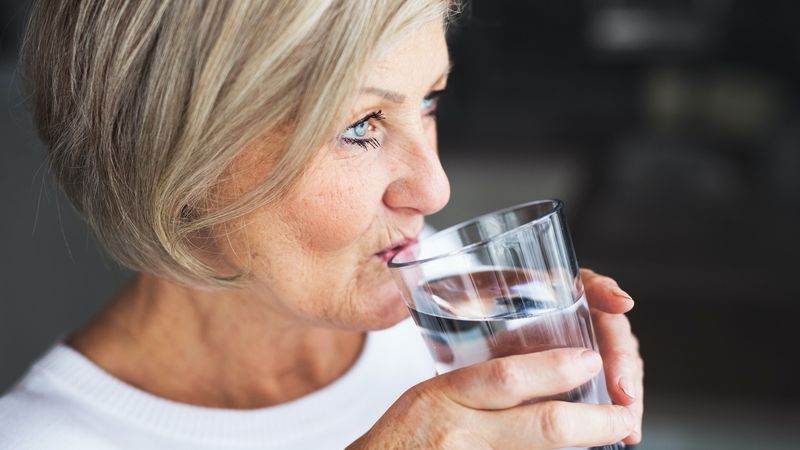
Your thirst signals become less reliable as you get older. That means dehydration can sneak up on you without the usual cues.
Even mild dehydration can cause fatigue, confusion, and increased fall risk. Staying hydrated supports everything from kidney function to brain clarity.
Sip water throughout the day, eat water-rich foods like fruits and vegetables, and don’t wait until you’re thirsty to drink.
16. Heart Disease Is a Man’s Problem
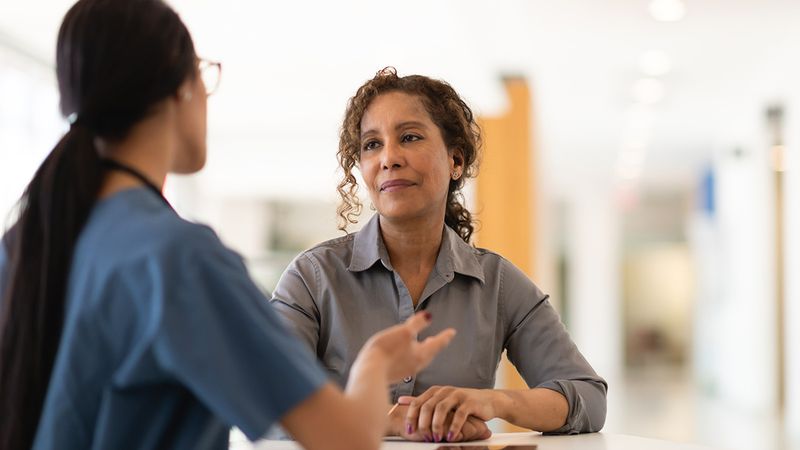
The stereotype that heart attacks only strike men is dangerous—and untrue. Heart disease is the number one killer of women over 60.
What makes it worse is that symptoms in women often differ from men’s and can be dismissed or misdiagnosed. Instead of chest pain, women might feel shortness of breath, nausea, or fatigue.
Awareness, regular checkups, and lifestyle choices are essential to protecting your heart health.
17. Cracking Joints Causes Arthritis
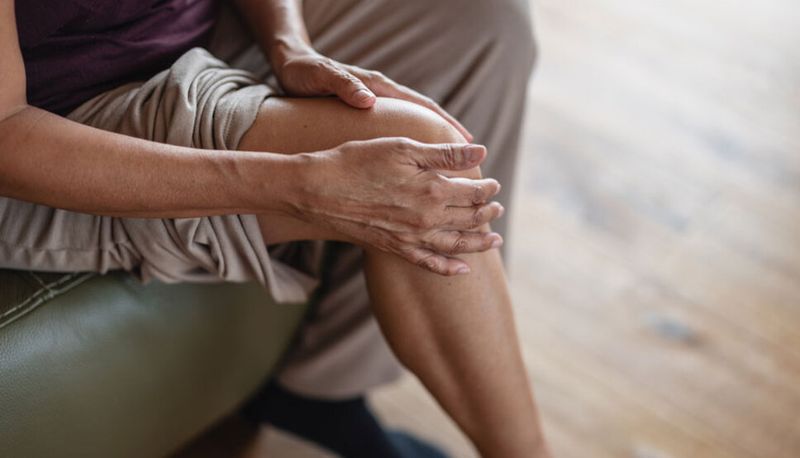
That satisfying “pop” you hear when cracking your knuckles might annoy others, but it doesn’t mean you’re heading for arthritis.
Studies show no link between joint cracking and the development of arthritis. The sound comes from gas bubbles releasing in the joint, not from bone damage.
Still, if you experience pain or swelling with joint movement, that’s worth checking with a doctor. But the cracking alone isn’t a cause for concern.
18. You Shouldn’t Lift Heavy Things
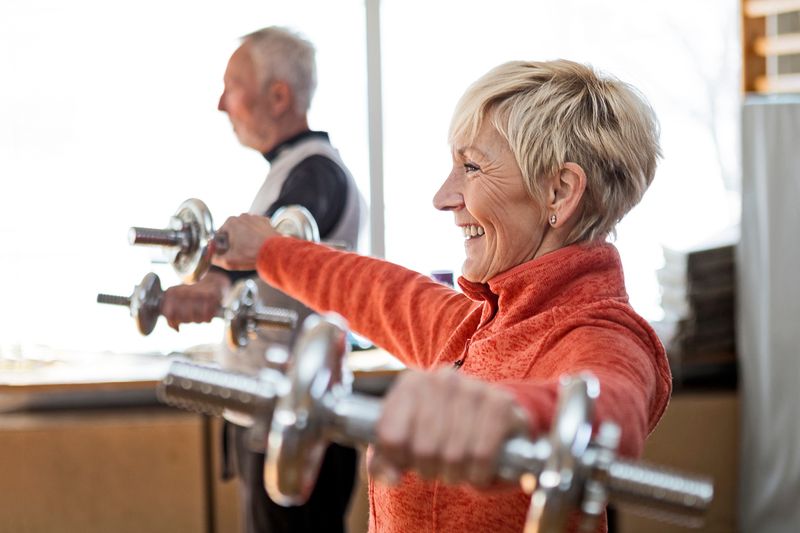
Fear of injury makes many older women shy away from lifting anything heavy. But avoiding resistance activities can actually lead to greater weakness, balance issues, and frailty.
With proper technique and progression, strength training helps preserve independence, prevent osteoporosis, and even boost metabolism.
Start slow, use proper form, and consider working with a trainer or physical therapist if you’re unsure where to begin. Strength is safety—not something to fear.
19. You Can Skip Preventive Screenings After 60
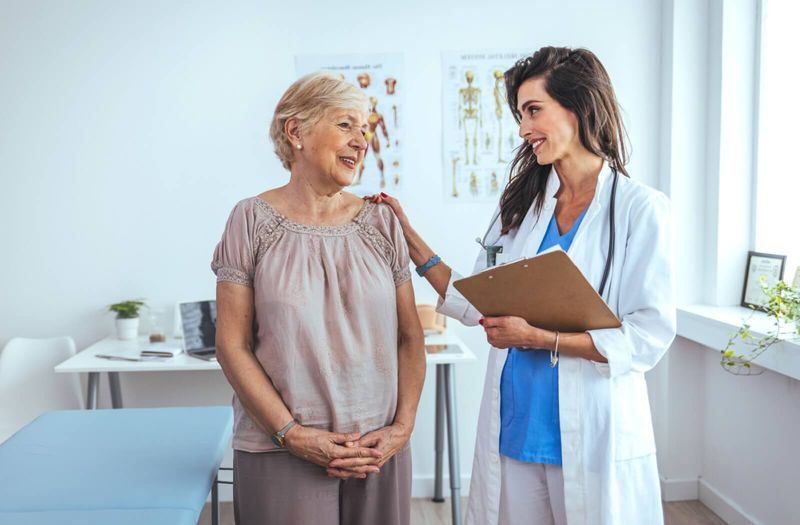
Some women assume they’ve outlived the need for regular health screenings. But early detection of conditions like breast cancer, colorectal cancer, or glaucoma can be life-saving—especially with age.
Screening guidelines vary based on personal and family history, so it’s important to have a discussion with your healthcare provider. Don’t rely on age alone to determine your risk.
Prevention doesn’t expire. Staying proactive gives you more control over your health.
20. Natural Remedies Are Always Safe
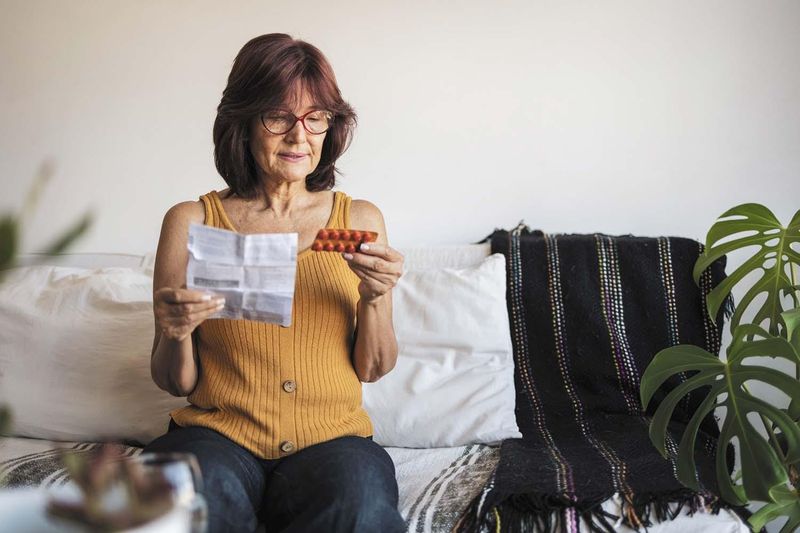
Herbal supplements and “natural” products may seem harmless, but they’re not without risks. Natural doesn’t always mean safe—especially when mixed with prescription medications.
Some remedies can cause side effects, interact with blood thinners or heart medications, or lead to dangerous imbalances if not taken correctly.
Always consult a medical professional before adding supplements to your routine. Your body deserves informed, evidence-based care—not assumptions.

Comments
Loading…